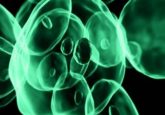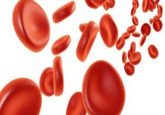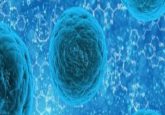Study reveals how breast cancer cells exit blood vessels
The receptor protein EPHA2 has been implicated in the spread of breast cancer cells from blood vessels in a new study published this week in Science Signaling.
When tumor cells disseminate from the primary tumor and enter the blood stream, they attach to the inner walls of blood vessels. In this study, the team of researcher led by Claus Jorgensen of the Cancer Research UK Manchester Institute (UK) demonstrated that when EPHA2 is activated, tumor cells remain anchored within the blood vessels. However, when EPHA2 is inactivated, the cells are then able to exit the vasculature and spread on to colonize target tissues.
“The next step is to figure out how to keep this receptor switched on, so that the tumor cells can’t leave the blood vessels – stopping breast cancer spreading and making the disease easier to treat successfully,” commented Jorgensen.
Nell Barrie, Cancer Research UK’s senior science information manager, commented: “This is important research that teaches us more about how breast cancer cells move. Research like this is vital to help our understanding of how cancer spreads, and how to stop this from happening. More research is needed before this will benefit patients but it’s a jump in the right direction.”
Sources: Locard-Paulet M, Lim L, Veluscek G et al. Phosphoproteomic analysis of interacting tumor and endothelial cells identifies regulatory mechanisms of transendothelial migration. Sci Signal. DOI: 10.1126/scisignal.aac5820 (2016); Cancer Research UK press release




